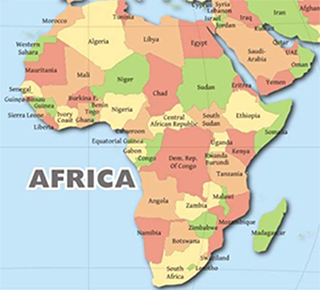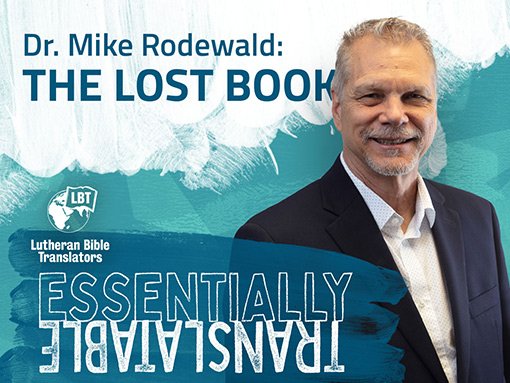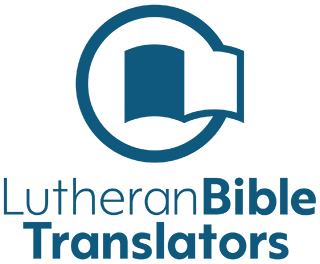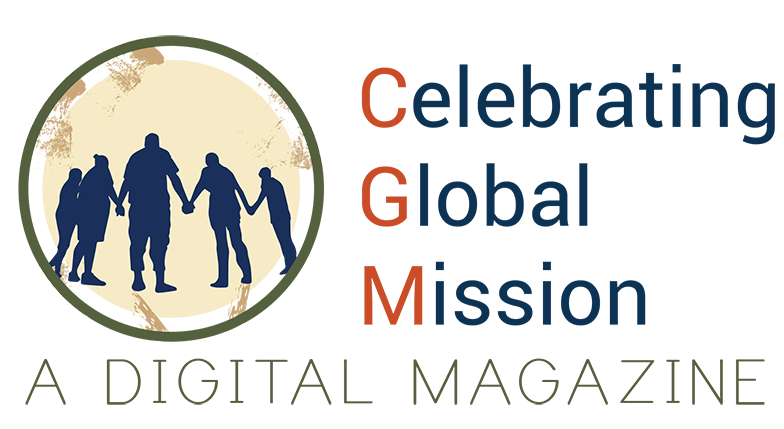Lost Book Returned?
The Kalanga historically worshiped a spiritual power named Mwali, who shared characteristics with the God of Judaism (Yahweh). Scholars have debated how the Kalanga came to know this spiritual power, a supreme being whose special relationship with them was preserved through laws and structure very much like those we find described in the Old Testament.
There are different schools of thought regarding this and no clear-cut answers. But a possible connection between the Kalanga and the Jewish people of ancient Israel was discovered in studying the Kalanga’s history and tradition.
Kalanga Tradition
Oral tradition says that a high priest led a group of Israelites from Judea 2,500 years ago. They settled as traders in Yemen. They crossed over into Ethiopia and Tanzania and eventually moved south through Africa. Settling in Zimbabwe, they became known as the Lemba people. Their language was Kalanga.
The Lemba interacted with neighboring peoples, introducing them to Mwali and influencing their language and religious practices. Though the Lemba people of today no longer speak Kalanga, a report from the British War Office from 1905 notes that the Lemba still spoke Kalanga at that time.

The Lemba people claimed that they once had a book – a Bible made of skin. The priests would stand on the hills and read from it to the people gathered to listen. But the book had been lost.
Questions Remain
Could this have been a Torah or collection of other Jewish scripture? Possession of such a book would explain the similarities between Yahweh and Mwali, and why today’s Lemba—and present-day speakers of Kalanga—continue to maintain practices like those in Hebrew traditions.
Many questions remain regarding Mwali and the lost book. But how wonderful to imagine that the Kalanga received their own “Bible made of skin” in the form of the complete Scriptures: the New Testament as well as the Old, replete with the history of the Jewish people and the promise of a Messiah to come.
The Kalanga Bible was the first full Bible to be dedicated in Botswana and was a cause for national pride. And representatives from other minority language Bible translation projects were spurred on. They shared a renewed purpose and commitment to their communities: to put God’s Word in their hands.

Episode 67: The Lost Book, October 28, 2022
You’ll want to listen to this episode on Essentially Translatable!

For more information,
contact us or visit our website






